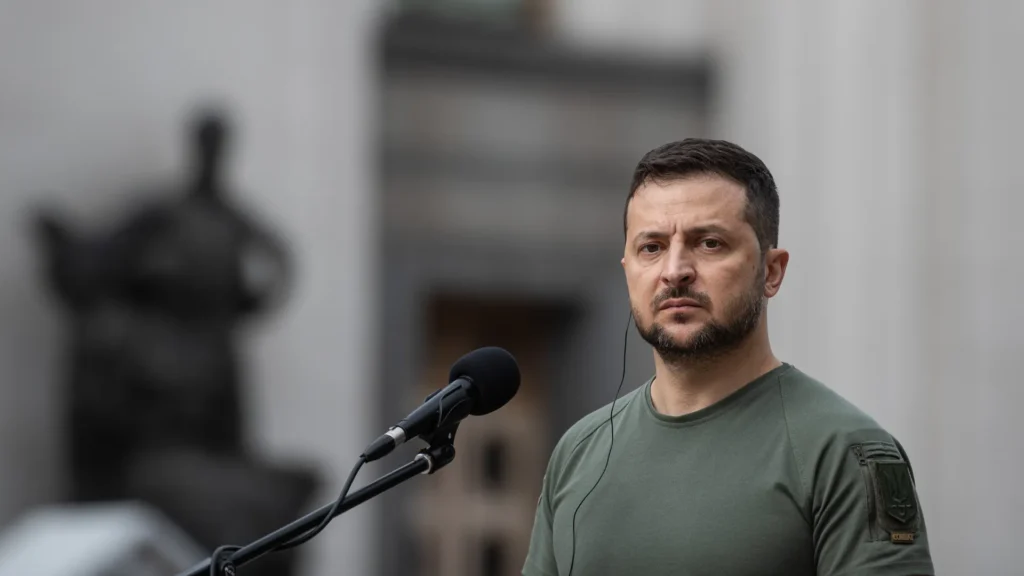The recent Trump-Putin summit, staged with the usual theatrics, produced little of substance no ceasefire, no sanctions relief, no breakthrough. Yet eyes are now turning to Washington, where talks involving President Volodymyr Zelensky, Sir Keir Starmer, President Emmanuel Macron, Chancellor Friedrich Merz, and NATO Secretary-General Mark Rutte could prove far more decisive for Ukraine’s future and Europe’s security.
The stakes are high. European leaders are determined to ensure that Donald Trump, whose rapport with Vladimir Putin remains a concern, does not cut Ukraine out of any behind-the-scenes bargain. Their message is clear: no peace deal can be made without Kyiv’s direct involvement, and any agreement must be backed by binding security guarantees.
Starmer’s presence is crucial. Seen as someone Trump respects, he may be able to balance the influence Putin exerts over the U.S. President. Similarly, Rutte sometimes dubbed the “Trump Whisperer” adds another layer of reassurance. Macron, however, faces a colder reception in Washington following his unilateral pledge to recognise a Palestinian state.
At the heart of discussions is a potential trade-off: Ukrainian land for security guarantees. Russia already controls about 85% of Donbas and remains entrenched in Crimea. Moscow shows no willingness to retreat, while Kyiv’s constitution forbids ceding territory. President Zelensky has repeatedly vowed not to surrender land, but if genuine NATO-style protections can be secured, some in Europe suggest that could constitute a form of victory.
Yet the risks are immense. Could Ukraine accept peace at the cost of territory soaked in blood? Would relinquishing parts of Donetsk leave Kyiv vulnerable to renewed Russian offensives? Military experts warn that even if fighting halts, Putin will likely rebuild his forces and be ready to strike again within three to four years.
That is why the Washington talks matter so much. They are not just about ending a war they are about shaping a security architecture that deters future Russian aggression. For Ukraine, the difference between a precarious peace and lasting sovereignty may hinge on the outcome of these discussions.

